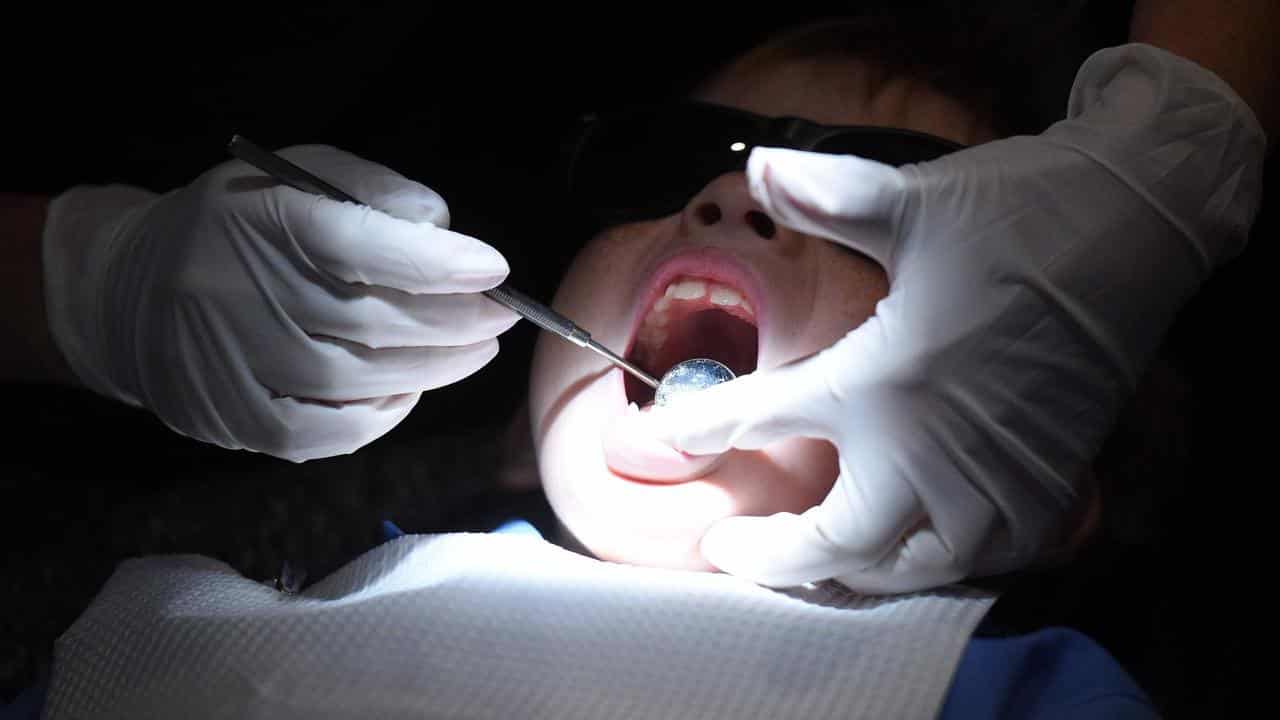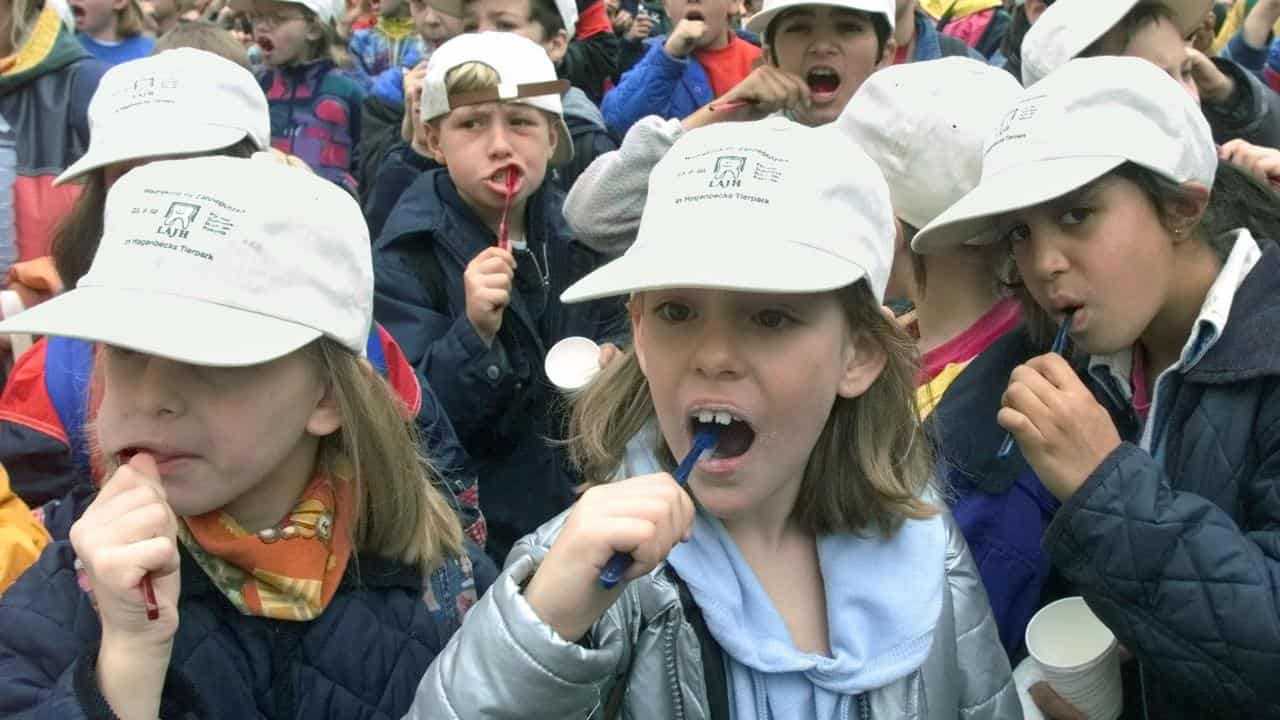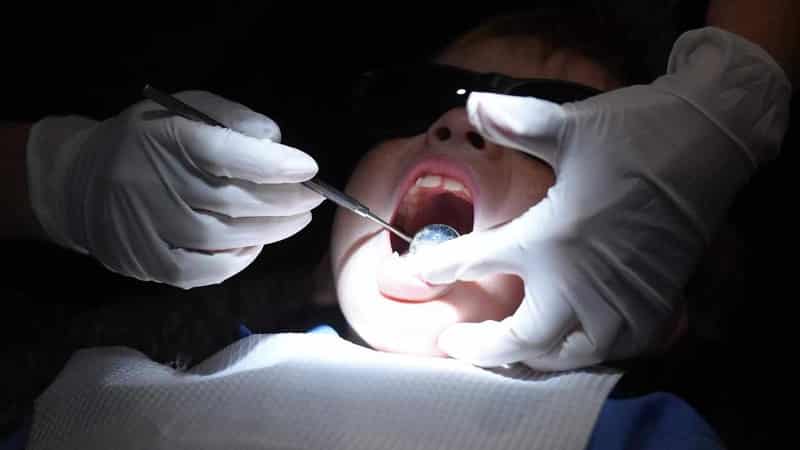
Oral health therapist Nicole Stormon gave a little boy a superhero-themed electric toothbrush to encourage him to clean his teeth.
"The next day I excitedly went to him and said, 'How did you go with your Spiderman toothbrush?'" Dr Stormon told a Senate inquiry into access to dental care earlier this year.
"He said, 'I gave it to my younger brother because my teeth are rotten, but he has a chance'."

The boy's story, shared by the Dental and Oral Health Therapists Association president, gives alarming insight into inequities in dental health, particularly in rural and Indigenous communities.
The inquiry's final report, A System in Decay, found nearly 120,000 people rural and remote areas do not have access to general dental care within an hour's drive from home.
It revealed a shortage of clinicians in country areas, with less than half the number of practitioners per 100,000 population compared to cities.
High costs, inaccessible services, lack of health education and long wait times were all barriers to care, with only 800 dental practitioners working in the national public system.
The committee made 35 recommendations, including that the federal government work with states and territories to achieve universal access.
It urged the government to support regional universities to set up dental schools and incentivise rural study and practice.
Michael Dimitrov, a dentist who works in his regional hometown of Gladstone, Queensland, said exposure to rural areas revealed his professional calling.
While studying at James Cook University in Cairns, Dr Dimitrov completed placements in Proserpine and Darwin and worked in Roma after graduation.
"I decided this is something I want to do, to help these people because they have worse health outcomes than people in metropolitan areas," Dr Dimitrov told AAP.
"Their socio-economic status is lower, everything is stacked against them to have good oral hygiene and good overall health."
Better awareness about oral health and its connection to the rest of the body was also needed, the inquiry heard.
President of the Australian Islamic Medical Association Queensland Fatima Ashrafi described the mouth as the body's gateway.

"There are well-established associations between systemic diseases and dental infection ... (poor oral health) can cause premature babies, low-birth-weight babies and even stillbirth," Dr Ashrafi told the committee.
But community-centric education campaigns that do not reinforce stigmas were critical, the inquiry heard.
Dr Dimitrov works for Abano Healthcare and said its rural dentists try to work closely with schools to break generational cycles of poor oral health.
"In Roma, I noticed farmers would leave it for a very long time and then when (they) finally came around ... it's an emergency state of care," he said.
"So we're educating patients on the importance of brushing and flossing because chances are they've never been taught that in a regional place.
"It's purely due to the fact that we just haven't got dentists out here."
The Health Department said long-term dental reform was a priority and an inter-governmental working group has agreed to several objectives, including increased equity of access and funding flexibility.
The National Rural Health Alliance, which represents 50 country health bodies, said the inquiry emphasised the need for a rural health strategy.
Dr Dimitrov said working rurally came with challenges and plenty of rewards.
"I see kids growing up and get that sense of community," he said.
"To have someone consistent, who is here all the time, it's something simple as that for a patient."









